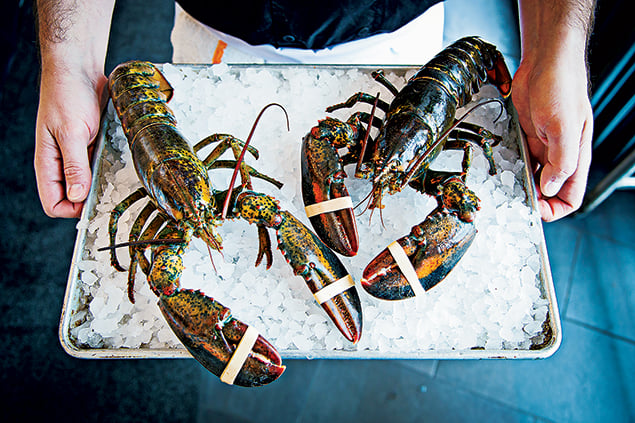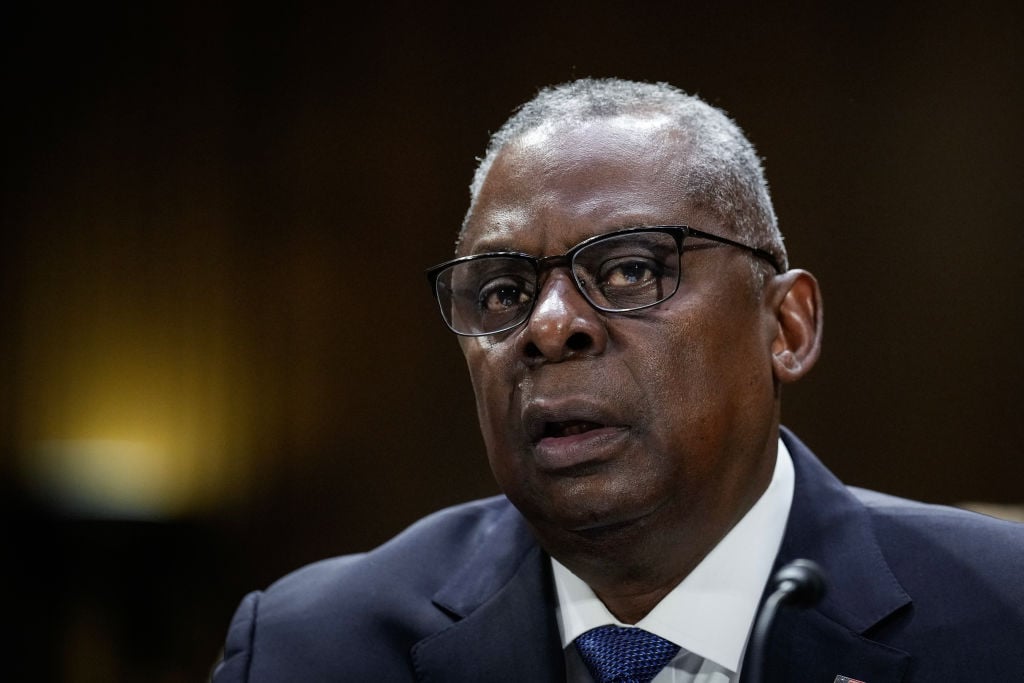You might say that the District has an extremophile’s taste for primary dates, spending years trying to become the first primary in the country only to settle for dead last.
As it turns out, last may be better.
With the Super Tuesday results pointing to a prolonged delegate slugfest—and potentially a brokered convention between candidates Joe Biden and Bernie Sanders—the District’s contest, scheduled for the last day of primary states, has taken on outsized importance.
“There’s always this argument during the primary season about whether states should go early or go late,” says Kyle Kondik, an election analyst at UVA’s Center for Politics. “If you go early, your vote is likelier to matter more.
“But if the race goes long, and it’s close,” Kondik added, “then your vote may become even more meaningful—because you’re going to going to the end when the delegates are scarcer.”
Some commentators now put the odds of a contested convention at above 60 percent. DC’s primary will be held June 2, alongside four other states. After that, with the exception of the US Virgin Islands on June 6, the next stop for the presidential campaigns is the convention in Milwaukee.
Sure, that’s still a long ways off. Nonetheless, the charm offensive may already be on. The way to avert a convention showdown is to win a majority of pledged delegates—DC has 20.
“I think it’s safe to say that every delegate will matter. That means every delegate in Washington, DC,” says top Sanders campaign advisor Chuck Rocha, a resident of Southeast DC who recently finished a term on the DC Democratic State Committee. “I think having lots of folks on this campaign who live in this city, and care about this city—we have a distinct advantage.”
If you’re a longtime denizen of the District, the prospect of your vote in a national election actually meaning something may carry a certain irony.
In 2004, when Democrats were trying to unseat George W. Bush, the DC Council came up with a capital idea: They proposed to jump the line, moving the city’s primary to the first in the nation—a ploy of sorts to draw national attention to DC’s appeal for statehood. National Democrats threatened to revolt if the Council attempted the stunt. In the end, the District decided to go through with it anyway—to this day, the first primary of 2004 is listed as “District of Columbia”—but made its primary purely symbolic, with no delegates awarded. (Howard Dean won that contest.)
By 2016, DC had fallen to the bottom of the pack—standing alone as the very last election day of primary season. Hillary Clinton won the District with 78 percent. Hours later, Clinton and Bernie Sanders met in the Capital Hilton downtown, where they negotiated a deal for Sanders’s endorsement ahead of the July convention.
The last time that DC’s primary mattered this much—in terms of a pound-for-pound effect of individual votes—may have been 1968. That year, only fourteen states held primaries, plus DC, which voted overwhelmingly for Robert Kennedy. His assassination partly sparked a brawl for delegates that ensued between Eugene McCarthy and Hubert Humphrey, culminating infamously with a contested (and disastrously violent) national convention.
“We’re all kind of pumped, to be honest. Just because we’re really going to matter here,” says Charles Wilson, Chair of the DC Democratic Party. Wilson said a dramatic primary could bring a boost to voter registration and turnout.
It also could have big implications for the issue the DC Council was pushing back in 2004: statehood.
“Back in 2004, the idea was to get statehood to be a part of the national conversation, and that’s why there was that push to move it before Iowa,” Wilson says. “But now that it’s on the back end, I think our opportunities are even greater—just because you’ve got the drama there.”
In other words, Biden or Sanders might double-down on their positions on statehood (both are in favor of making D.C. the 51st state).
But if neither has a majority of pledged delegates, and the convention thus proceeds to a second ballot between the two candidates, then the party’s superdelegates come into play—and DC has 32. The city’s superdelegates are national and local party luminaries, like Harold Ickes, Mayor Muriel Bowser, Donna Brazile, and Attorney General Karl Racine, almost none of whom have made an official endorsement yet.
One of the superdelegates, in fact, is Wilson.
He says he hasn’t made up his mind yet. But he and the other superdelegates will be watching the DC primary closely. “I’m looking for the candidate who has a strong position and support of DC statehood,” he said—a prospect that might push superdelegates to the campaign that vows concrete action on making DC a state.
Says Wilson: “You could see how powerful, how influential, these votes become.”















